The Best Hazelnut Companion Plants That Will Boost Your Yield
The Best Hazelnut Companion Plants That Will Boost Your Yield
Hazelnuts are a delicious and nutritious nut that can be grown in many different climates. They are also relatively easy to care for, making them a popular choice for home gardeners.
One way to improve the yield of your hazelnut trees is to plant companion plants nearby. Companion plants are those that benefit each other in some way. They can improve the soil, attract pollinators, or deter pests.
There are many different companion plants that can be grown with hazelnuts. Here are a few of the best:
- Nitrogen-fixing plants: These plants help to improve the nitrogen content of the soil, which is essential for hazelnut trees. Some good examples of nitrogen-fixing plants include clover, beans, and peas.
- Pollinator-attracting plants: Hazelnuts need pollinators to produce nuts. Some good examples of pollinator-attracting plants include lavender, sunflowers, and poppies.
- Soil-improving plants: These plants help to improve the drainage and fertility of the soil, which can benefit hazelnut trees. Some good examples of soil-improving plants include comfrey, chamomile, and dandelions.
- Pest-deterrent plants: These plants help to deter pests from hazelnut trees. Some good examples of pest-deterrent plants include garlic, onions, and marigolds.
It is important to choose companion plants that are compatible with hazelnuts. Some plants, such as fennel, leeks, and beets, can actually harm hazelnut trees.
When planting companion plants with hazelnuts, it is important to consider the size of the plants. Some companion plants, such as comfrey and asparagus, can grow quite large. It is important to plant these plants in a way that they will not shade the hazelnut trees.
Companion planting is a great way to boost the yield of your hazelnut trees. By planting the right companion plants, you can improve the soil, attract pollinators, deter pests, and create a more balanced and productive garden.
Hazelnut trees are a delicious and versatile crop that can be grown in many different climates. But did you know that there are certain plants that can help to improve the growth and productivity of your hazelnut trees? These are known as "companion plants," and they can provide a number of benefits, such as:
- Attracting pollinators: Many companion plants attract bees, butterflies, and other pollinators, which can help to increase the pollination of your hazelnut trees. This leads to more nuts being produced.
- Improving soil quality: Some companion plants, such as legumes, can help to improve the soil quality around your hazelnut trees. This can make the soil more fertile and better able to support the growth of your trees.
- Disease and pest control: Some companion plants can help to deter pests and diseases from attacking your hazelnut trees. This can help to keep your trees healthy and productive.
If you're interested in learning more about hazelnut companion plants, I recommend visiting Gardenia Inspiration. This website has a wealth of information on the topic, including a list of recommended companion plants, as well as tips on how to plant and care for them.
FAQ of hazelnut companion plants
Question 1: What are some good companion plants for hazelnuts?
Answer: Some good companion plants for hazelnuts include:
- Nitrogen-fixing plants: These plants help to improve the soil's nitrogen content, which can benefit the hazelnut tree. Some examples of nitrogen-fixing plants include clover, beans, peas, and alfalfa.
- Pollinator-attracting plants: These plants attract bees, butterflies, and other pollinators, which help to pollinate the hazelnut tree. Some examples of pollinator-attracting plants include lavender, mint, and sunflowers.
- Shade-tolerant plants: Hazelnut trees can be susceptible to sunscald, so it's a good idea to plant shade-tolerant plants around them. Some examples of shade-tolerant plants include strawberries, asparagus, and rhubarb.
Question 2: What plants should I avoid planting near hazelnuts?
Answer: Some plants that should be avoided planting near hazelnuts include:
- Fennel: Fennel is a member of the carrot family, and it can compete with hazelnuts for nutrients.
- Leek: Leek is also a member of the carrot family, and it can stunt the growth of hazelnuts.
- Beet: Beet can also compete with hazelnuts for nutrients.
Question 3: How far apart should I plant hazelnuts and their companion plants?
Answer: The spacing between hazelnuts and their companion plants will depend on the size of the plants. In general, you should plant hazelnuts about 15 feet apart, and their companion plants about 10 feet apart.
Question 4: What are the benefits of planting companion plants with hazelnuts?
Answer: There are several benefits to planting companion plants with hazelnuts, including:
- Improved soil health: Companion plants can help to improve the soil's nutrient content and drainage.
- Increased pollination: Companion plants can attract pollinators, which help to pollinate the hazelnut tree.
- Disease and pest control: Companion plants can help to repel pests and diseases.
- Enhanced beauty: Companion plants can add beauty to the garden and provide food for wildlife.
Question 5: How do I care for hazelnut companion plants?
Answer: The care requirements for hazelnut companion plants will vary depending on the type of plant. However, in general, you should water companion plants regularly, especially during dry periods. You should also fertilize companion plants according to their specific needs.
Image of hazelnut companion plants
- Raspberry: Raspberry plants are a good companion for hazelnut trees because they both like similar growing conditions. They both prefer full sun and well-drained soil. Raspberry plants can also help to suppress weeds around the hazelnut tree.
- Garlic: Garlic is another good companion plant for hazelnut trees. Garlic helps to repel pests that can damage hazelnut trees, such as aphids and hazelnut bud mite.
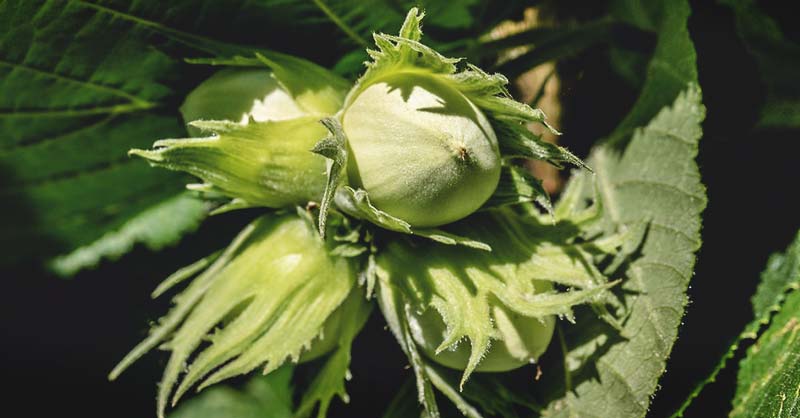
- Clover: Clover is a good nitrogen-fixing plant that can be planted around hazelnut trees. Nitrogen-fixing plants help to improve the soil quality around the hazelnut tree, which can lead to better nut production.
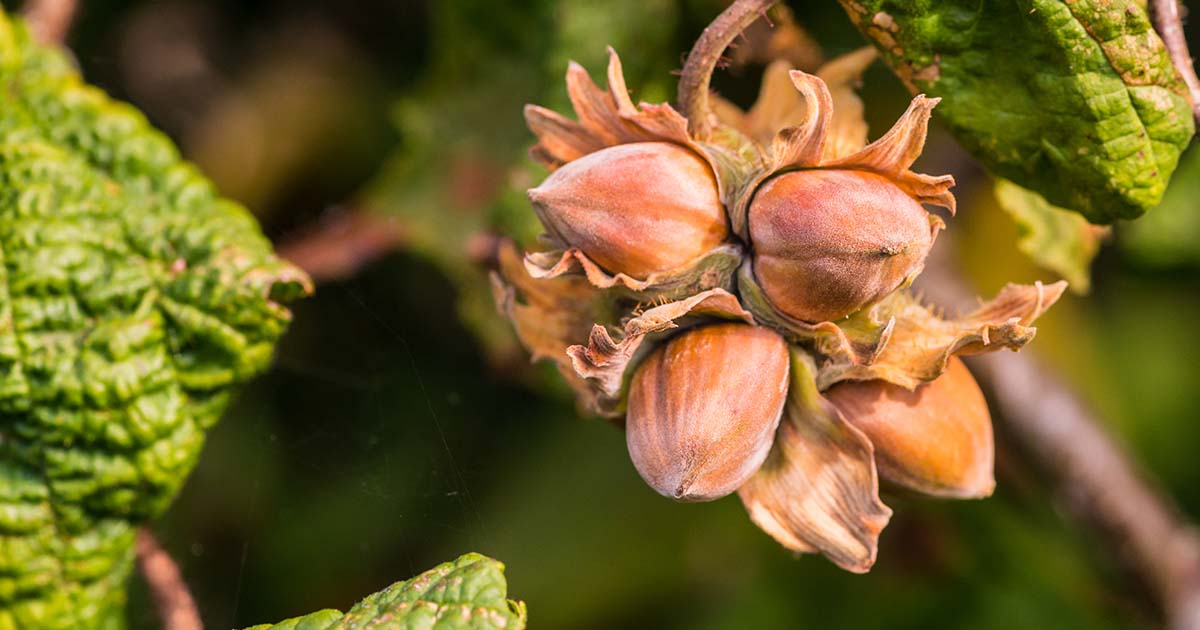
- Yarrow: Yarrow is a good companion plant for hazelnut trees because it helps to repel pests and diseases. Yarrow also has medicinal properties that can be beneficial for hazelnut trees.
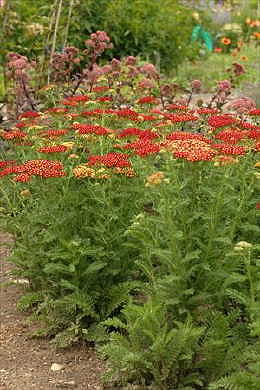
- Chamomile: Chamomile is a good companion plant for hazelnut trees because it helps to improve the soil quality around the hazelnut tree. Chamomile also helps to attract beneficial insects to the area, which can help to control pests.
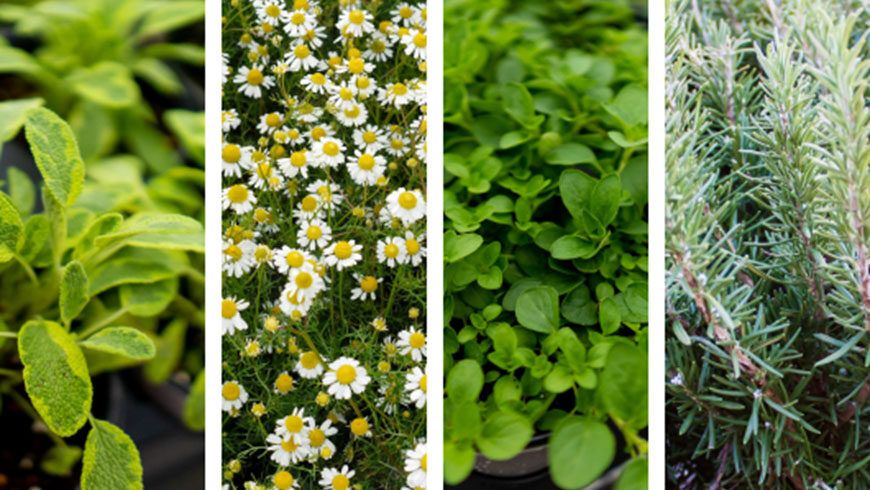
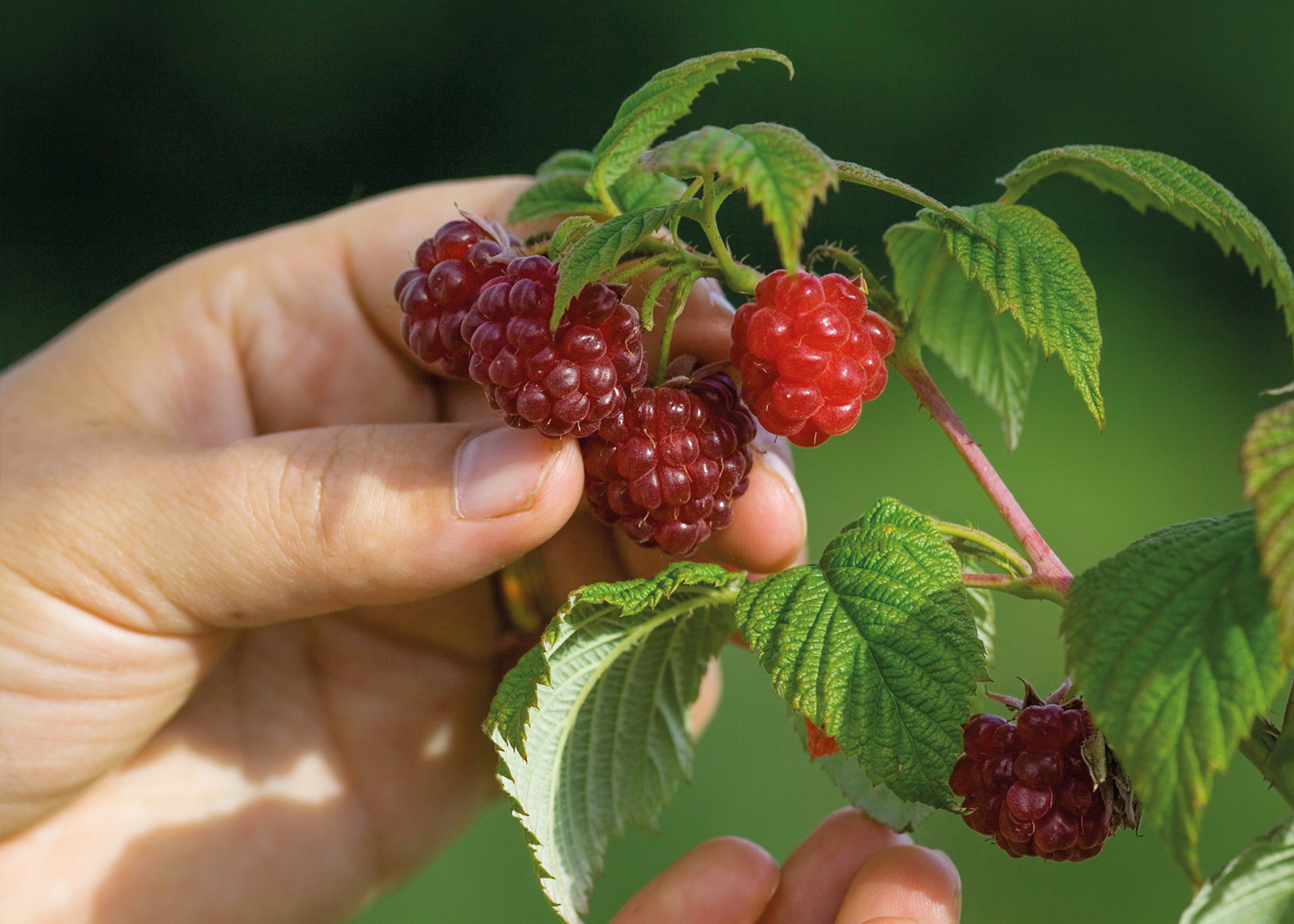
Post a Comment for "The Best Hazelnut Companion Plants That Will Boost Your Yield"